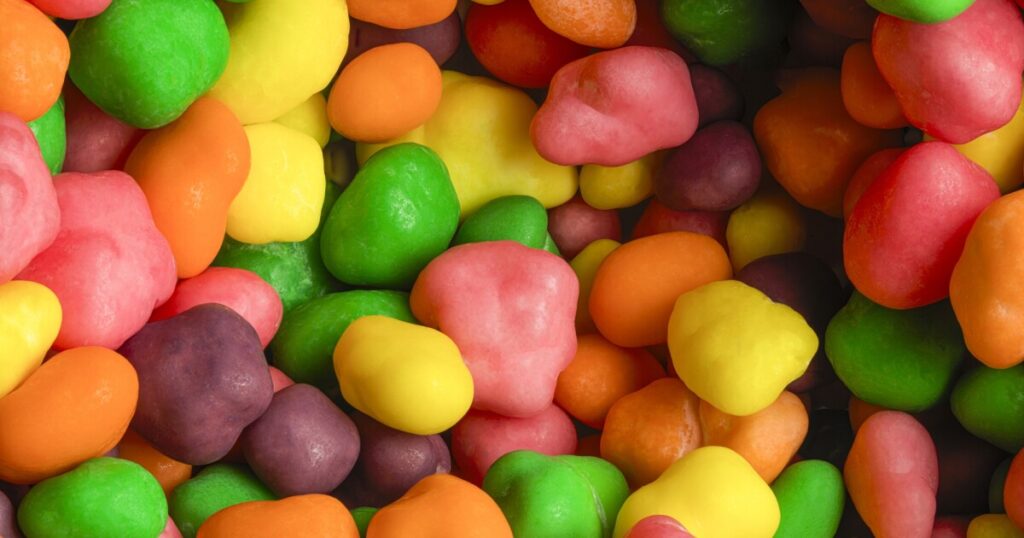In a move that could reshape school lunches across Michigan, a new legislative proposal aims to eliminate certain synthetic additives and dyes from school menus. The proposed bill, set to take effect next summer, targets several controversial ingredients.
The legislation, introduced by Michigan state representatives, seeks to ban four specific ingredients—brominated vegetable oil, potassium bromate, propylparaben, and titanium dioxide—as well as five synthetic dyes including Red 40, Green 3, Blue 1, Blue 2, and Yellow 6.
Proponents argue that these ingredients may be linked to increased ADHD symptoms in children, a point supported by some studies, although others, such as those from the FDA, suggest evidence is insufficient.
Representative Brad Paquette (R-Niles), a sponsor of the bill, emphasized the importance of providing a conducive learning environment. “Teachers are tasked with building 21st-century skills in very non-21st century environments with kids that are eating a lot of these types of food that may have a negative impact on their attention span,” he stated.
The proposed bill mandates that schools “shall not provide, sell, offer for sale, or make available to a student” any food containing the listed additives and dyes.
However, some Democratic lawmakers express concerns about potential financial impacts on schools. To address this, Paquette clarified that the responsibility would lie with food distributors, not educational institutions.
Highlighting international standards, Paquette noted that some additives are already banned in other countries. “Big food companies are already doing this in other countries where they distribute their foods. Why aren’t they doing it here in Michigan or other places in the United States? We’ve got to ask them to use their best practices—and if necessary, then we’ll have to start changing the laws,” he said.
The bill currently awaits a decision in the House Committee on Education and Workforce.
—
Read More Michigan News










